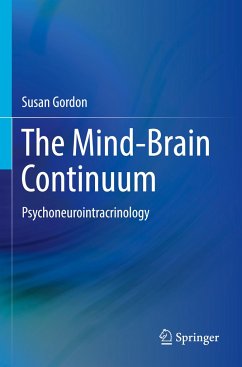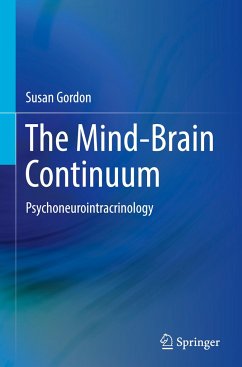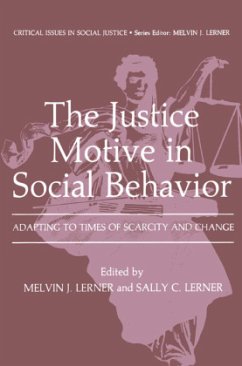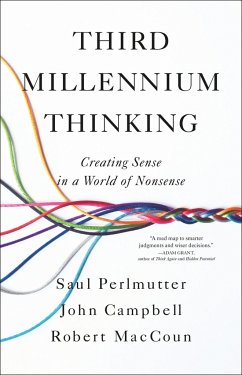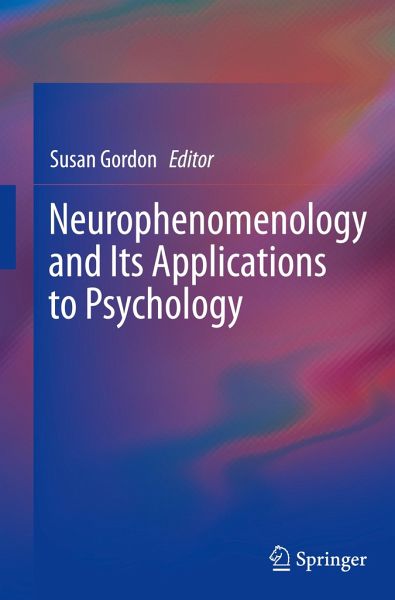
Neurophenomenology and Its Applications to Psychology

PAYBACK Punkte
38 °P sammeln!
This book explores the meaning and import of neurophenomenology and the philosophy of enactive or embodied cognition for psychology. It introduces the psychologist to an experiential, non-reductive, holistic, theoretical, and practical framework that integrates the approaches of natural and human science to consciousness. In integrating phenomenology with cognitive science, neurophenomenology provides a bridge between the natural and human sciences that opens an interdisciplinary dialogue on the nature of awareness, the ontological primacy of experience, the perception of the observer, and the...
This book explores the meaning and import of neurophenomenology and the philosophy of enactive or embodied cognition for psychology. It introduces the psychologist to an experiential, non-reductive, holistic, theoretical, and practical framework that integrates the approaches of natural and human science to consciousness. In integrating phenomenology with cognitive science, neurophenomenology provides a bridge between the natural and human sciences that opens an interdisciplinary dialogue on the nature of awareness, the ontological primacy of experience, the perception of the observer, and the mind-brain relationship, which will shape the future of psychological theory, research, and practice.





